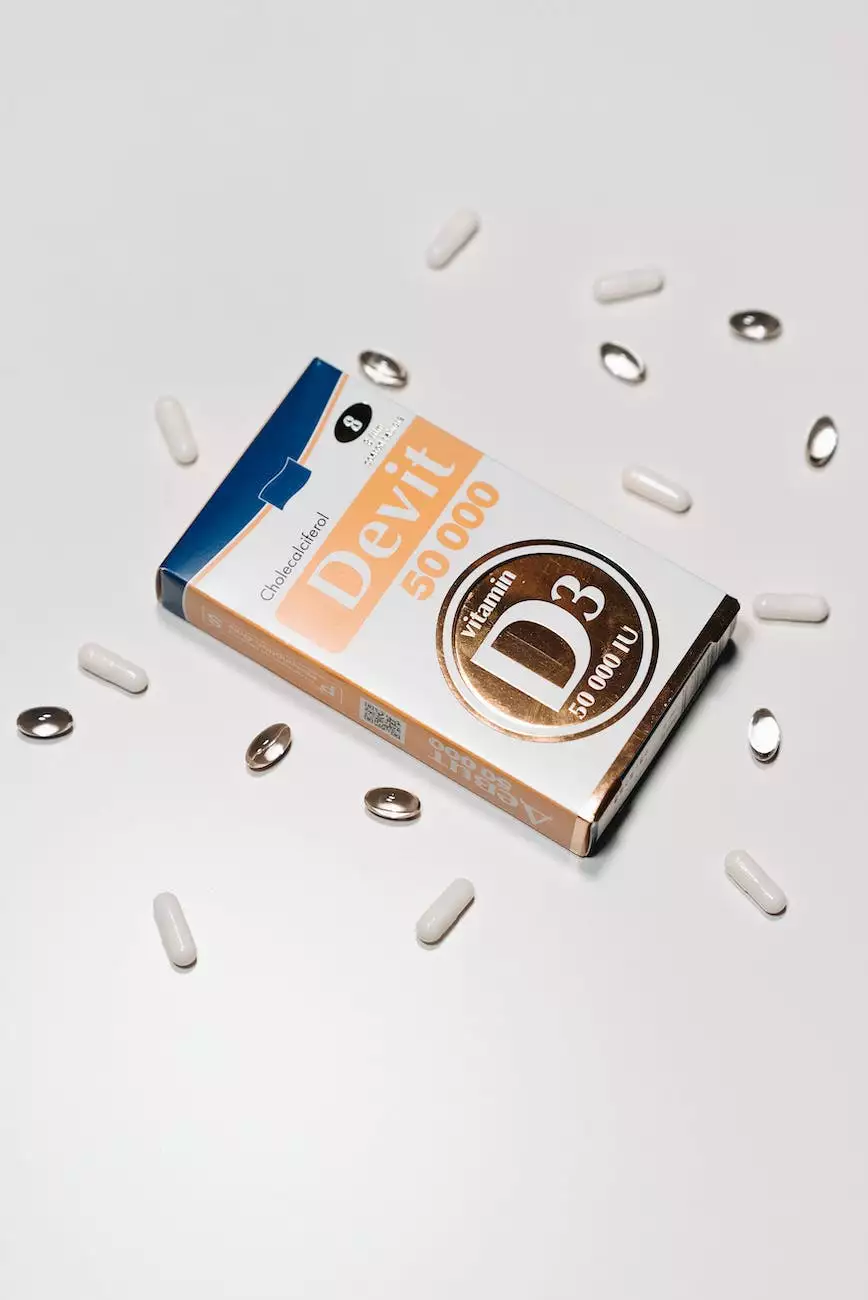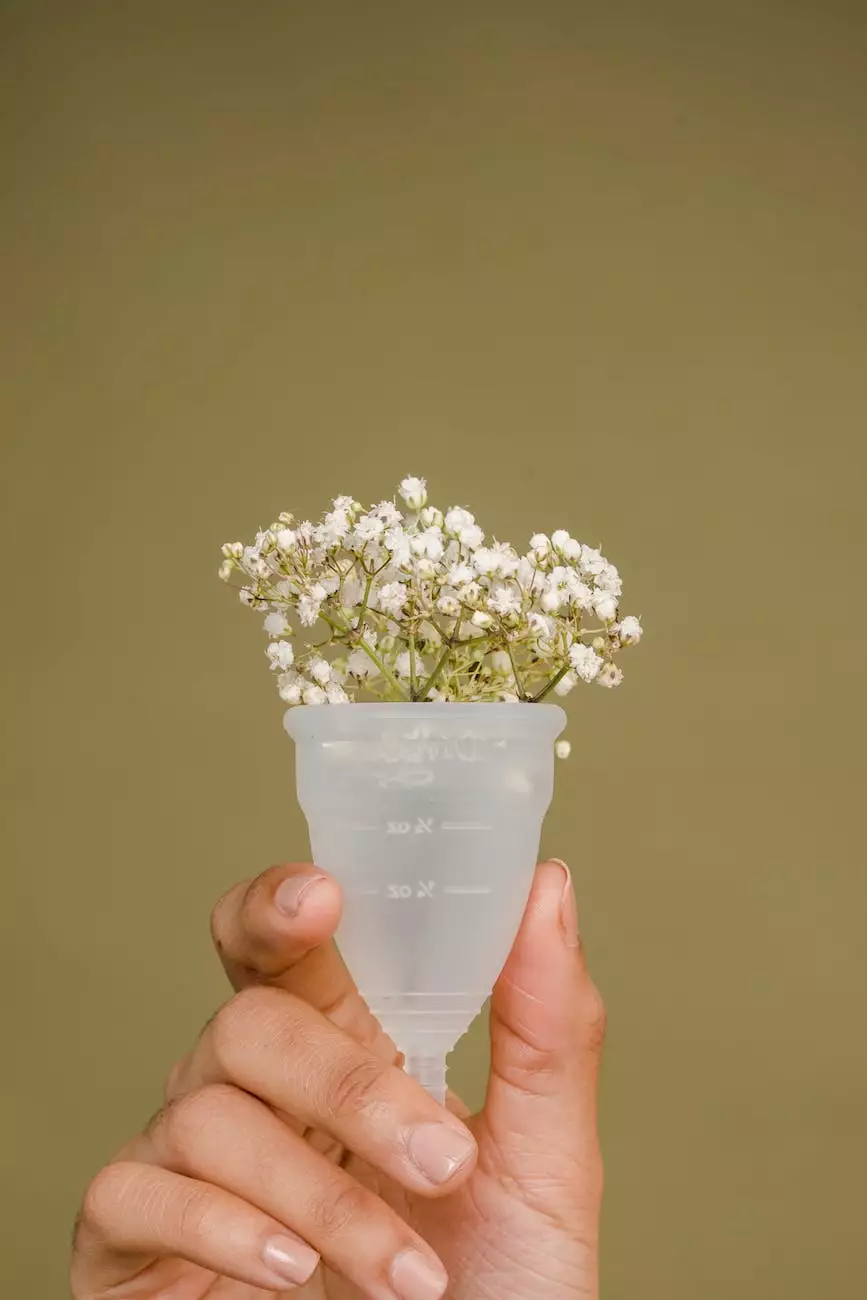How do I know if I have poison ivy? - Norton Healthcare

Introduction
Welcome to the comprehensive guide on identifying poison ivy, its symptoms, causes, and available treatments. Norton Community Medical Associates, a trusted name in healthcare, is here to provide you with the necessary information to help you know if you have poison ivy.
What is Poison Ivy?
Poison ivy is a common plant that can cause an allergic reaction, known as contact dermatitis, in individuals who come into contact with its oil, called urushiol. This oil is present in the leaves, stems, and roots of the poison ivy plant.
Symptoms of Poison Ivy
Identifying the symptoms of poison ivy is crucial in determining whether you have been exposed to the plant. The symptoms usually appear within 24-72 hours after exposure and may vary from person to person. Common symptoms of poison ivy include:
- Redness and itching: The affected area may turn red, accompanied by intense itching.
- Rash: A bumpy and blistering rash may develop, often in a linear pattern.
- Swelling: Swelling may occur in the affected area, leading to discomfort.
- Blisters: Small, fluid-filled blisters may form, which can ooze and crust over time.
Causes of Poison Ivy Rash
Understanding how the poison ivy rash occurs can help you take preventive measures. The primary cause of the rash is contact with the urushiol oil present in the poison ivy plant. It is important to note that even indirect contact with the oil, such as touching contaminated clothing or pet fur, can lead to an allergic reaction.
Identifying Poison Ivy
Being able to identify poison ivy can help you avoid coming into contact with it. Here are some key characteristics to look for:
- Leaf shape: Poison ivy typically has three-leaf clusters. "Leaves of three, let them be" is a helpful phrase to remember.
- Leaf color: The leaves can vary in color, ranging from bright green in spring to red, yellow, or orange in the fall.
- Leaf edges: The edges of the leaves may appear smooth or have uneven, jagged edges.
- Climbing habit: Poison ivy plants can climb structures, trees, or fences using hairy aerial rootlets.
If you come across a plant with these characteristics, it is recommended to avoid direct contact and notify a professional if removal is necessary.
Treatment Options
If you suspect that you have come into contact with poison ivy, it is essential to take appropriate action. Norton Community Medical Associates offers various treatment options to manage and alleviate the symptoms:
- Topical treatments: Over-the-counter creams or ointments containing ingredients like hydrocortisone can help relieve itching and inflammation.
- Oral medications: In severe cases, your healthcare provider may prescribe oral medications, such as antihistamines or corticosteroids, to reduce symptoms.
- Cool compresses: Applying cool compresses or taking cool baths can provide relief from itching and help dry out the blisters.
- Preventive measures: Avoiding contact with poison ivy, wearing protective clothing, and washing any exposed areas after outdoor activities can help prevent exposure.
- Consultation: If your symptoms worsen or persist, it is advisable to consult a healthcare professional for a thorough evaluation and personalized treatment plan.
Conclusion
By familiarizing yourself with the symptoms, causes, and treatment options of poison ivy, you can confidently identify if you have been exposed to this plant and seek appropriate care. Norton Community Medical Associates is committed to providing comprehensive healthcare services and expert guidance to help you stay informed and healthy.
Remember, prevention is key when it comes to poison ivy. Stay cautious, take necessary precautions, and enjoy the outdoors while keeping yourself protected.
Disclaimer: The information provided in this article is meant for educational purposes only and should not replace professional medical advice. If you have any concerns or questions, please consult a healthcare professional.









